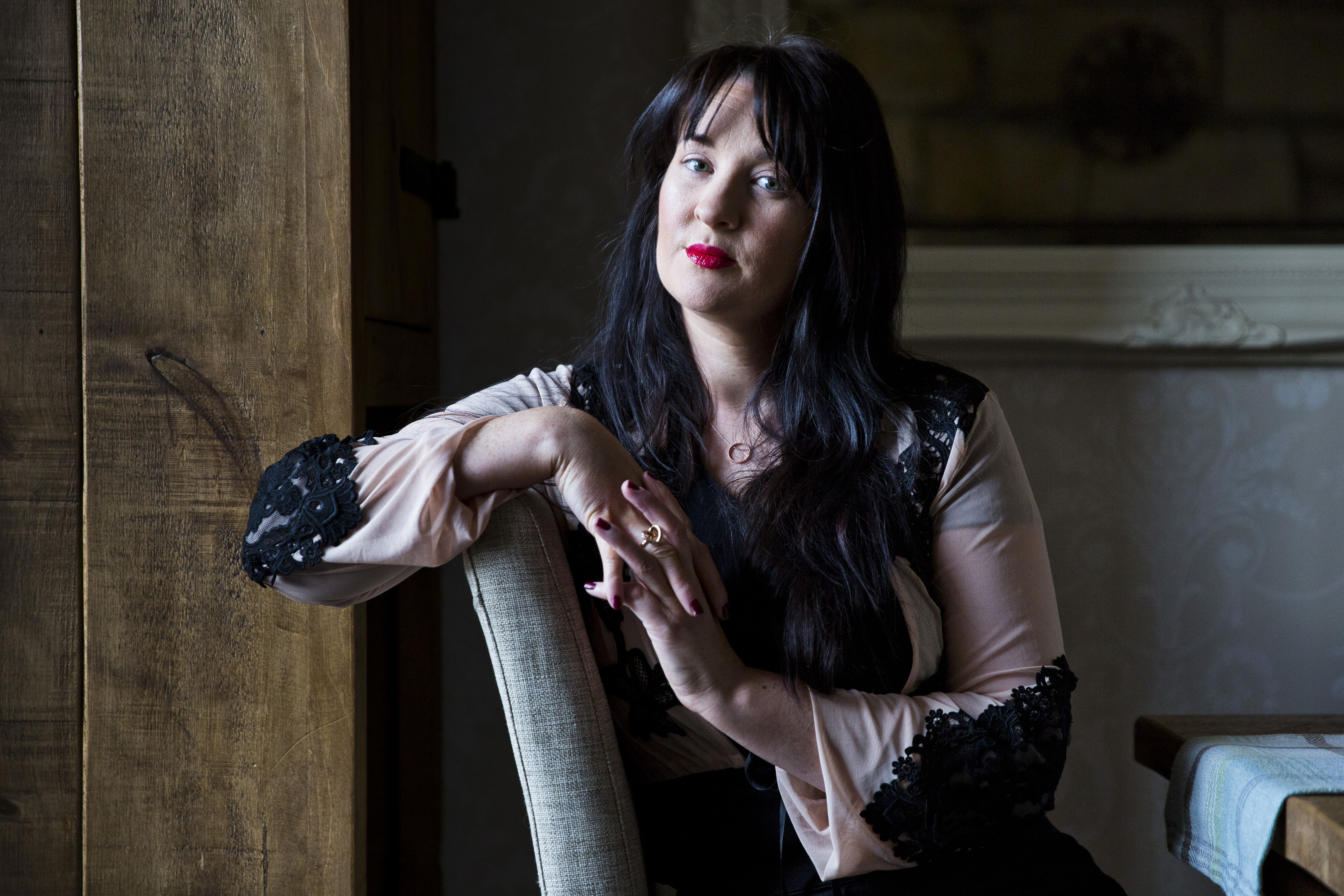
TIME healed the horrific injuries suffered by Kirsten Rees. Or so she hoped.
She had been an active woman with a passion for climbing and boxing but, six years ago, the writer fell down a flight of stairs.
She landed on her spine, cracking several ribs, breaking another and dislocating her shoulder.
Her injuries healed, and Kirsten, now 35, resumed her life until, just a few months later, she began experiencing pain all over her body.
She went years without a diagnosis, until finally she was diagnosed with the chronic pain condition, fibromyalgia.
But rather than continuing to take the strong painkillers doctors had prescribed which came with debilitating side effects, Kirsten followed a different route and decided to try a vaporiser which contains cannabidiol, also known as CBD. The oil is legally sold in the UK.
Kirsten believes the oil is the most effective treatment she has tried to date for her condition.
Last month, cancer patient Caroline Burns told The Sunday Post how her brain tumour had shrunk after she began taking cannabis oil when other treatments had failed.
Mike Harlington from Cannabis Trades Association UK, says CBD can be legally bought and sold here as a food supplement, not as a medicine.
The association estimates the number of cannabis oil users in the UK has doubled in the last year to around 250,000, with an estimated 65% of those being women.
Research suggests CBD may reduce chronic inflammation and pain, and users have also reported a reduction in anxiety, mood symptoms and insomnia.
Studies have also suggested benefits in the treatment of Alzheimer’s, arthritis, cancer and epilepsy, with research ongoing.
Kirsten said: “My pain began in my hands and I thought it was just stiffness after my fall, but over a period of a year and a half, it spread throughout my entire body.
“I would wake up in pain and go to sleep in pain and it became very difficult to cope with.”
With her condition leaving her unable to fully function, Kirsten had to quit her job as a sales executive.
She said: “It was a well-paid job that came with lots of benefits but I didn’t enjoy it. I did need to work but it became obvious that I could no longer hold down a 9 to 5 position because I couldn’t sleep at night and didn’t know which days I would be in significant pain.”
Then Kirsten noticed on a Facebook group for sufferers, several people talking about their success in using cannabis for their pain.
She said: “I did a little research and came across the MediPen [a cannabinoid vaporiser] which is not only legal but I also heard there was an NHS trial to test its use so that gave me reassurance.
“It doesn’t have the side effects of cannabis that people often think of when they hear that word. It doesn’t get you high because it doesn’t contain THC, the illegal psychoactive element of cannabis.”
And, despite her years of pain, Kirsten can see a silver lining from her suffering.
“I’ve been inspired to write a business book specifically for people like myself with an invisible illness. It will be published later this year,” she said.
The Scottish Government said: “While the treatment and prevention of drug problems is devolved to the Scottish Government, the control of drugs and licensing for medical research is a reserved matter.
“As such, any decisions about the re-classification of cannabis for medicinal use must currently be taken by the UK Government. We believe power should be transferred so this would be for the Scottish Parliament to decide upon.”

Enjoy the convenience of having The Sunday Post delivered as a digital ePaper straight to your smartphone, tablet or computer.
Subscribe for only £5.49 a month and enjoy all the benefits of the printed paper as a digital replica.
Subscribe